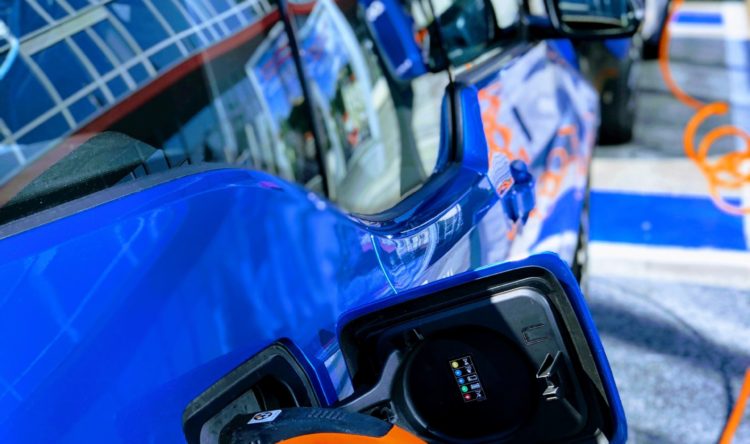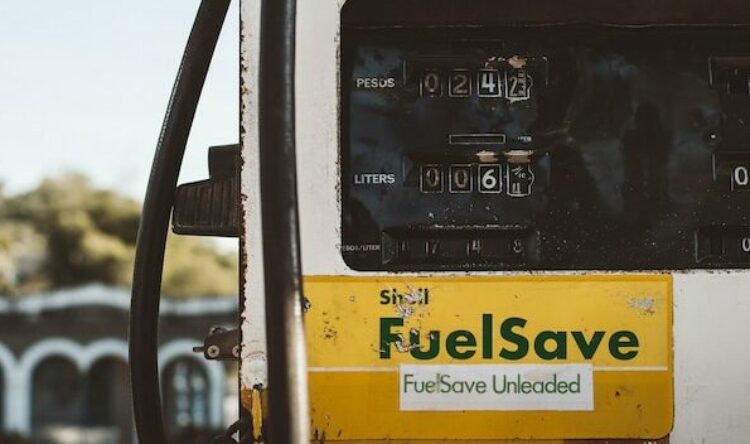Fuel prices continue to break records
War, covid and inflation prime pump prices
Diesel and petrol prices see no sign of halting their rise to new highs.
The cost of crude oil has surged as a result of the war in Ukraine. These latest jumps in price come on top of post pandemic demand and supply issues. These are pushing the price of diesel and petrol on UK forecourts to record levels.
The average price of petrol reached an average of 151.67p a litre on Tuesday. Diesel has now exceeded £1.55 a litre for the first time ever at 155.23p.
On the up
What is truly worrying is that pump prices are expected to rise higher still. There was a sudden $10 jump in the oil price on Tuesday, pushing it to $113 a barrel.
According to RAC fuel spokesman Simon Williams, this “is likely to take the average price of petrol towards 155p a litre and diesel to 160p”. And there is no end in sight to the forecourt price increases.
“It’s looking like this price isn’t just a market blip caused by the US and allies deciding to dip into the strategic oil reserve,” he said. “If oil does stay at this level, the journey to an average unleaded price of 155p may be far too quick.”
Powering performance
International Energy Agency (IEA) member countries, led by the United States have agreed to release 60 million barrels of emergency stockpiles. However, so far this appears to have had a limited effect on pricing.
AJ Bell investment director Russ Mould told the BBC that the move would not “make any sustained difference” to prices.
“Russia controls a sixth of the world’s gas and a tenth of its oil,” he said. “Those figures dwarf the 60 million barrels and industrial buyers, or financial speculators, will be focusing on those numbers and where that supply goes.
“The West is still buying Russian supply and Russia is still providing it. But that could conceivably change as relations deteriorate further.”
Who’s at the wheel?
Russian oil exports account for about 8% of global supply. The biggest supplies come from the middle east, where suppliers are governed by the Organisation of the Petroleum Exporting Countries (OPEC).
When including Russia and allies, the group is known as known as OPEC+. They are due to meet later today, where they are expected to stick to their ongoing policy of increasing supply by 400,000 barrels each day. This was agreed post pandemic to meet the surge in demand post lockdowns across the globe. The war in Ukraine has increased concerns over reliable supply and pushing trading prices up. However, the group has so far given no indication of increasing world supplies further.






